Courses


 Compare
Compare
In this lecture, we are looking at three stories – two of them very strange – about the human relationship with flowers: one is an adventure, another concerns love and the third is economic!
0 Lessons
Hours
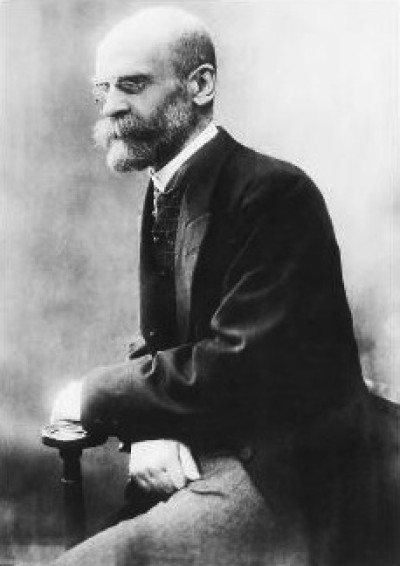
 Compare
Compare
In 1897, the French sociologist, Emile Durkheim, published a case study on research methodology in the social sciences, called ‘Suicide’. In this classic book, he wanted to find an answer to the question of why people commit suicide, using statistical methods in the same way that a physicist or biologist might look at the mass of planets or the structure of plants. In other words, Durkheim believed that suicide notes, diaries, the impressions of the dead person’s family and friends were too personal to provide reliable information on why suicide is more common among some social groups than others.
0 Lessons
Hours
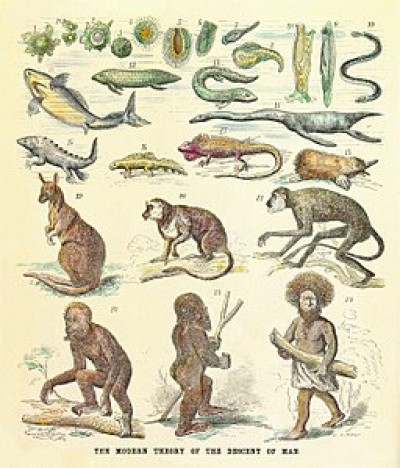
 Compare
Compare
Throughout human history, one of the great questions has always been: where did we come from? Answers, until recently, were religious or philosophical. Sometimes, they were genuine attempts to explain based on observation and contemporary knowledge; sometimes, they were just colourful folklore.
0 Lessons
Hours
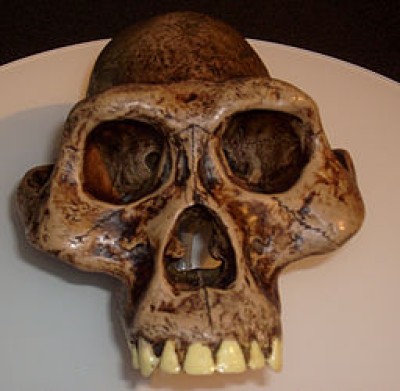
 Compare
Compare
The first ‘people’ to walk on two legs probably stood up about four to five million years ago in eastern Africa. But things started long before then: ten million years ago, the Earth’s climate was changing and the wet forests were disappearing. These were the natural home (or habitat) of apes. As the forests got smaller, so apes slowly evolved into animals that started to walk on two legs. But why did they need to do that? Scientists tell us that walking on two legs does not use as much energy and the sun shines on less of our bodies, so we don’t lose so much water. We can also carry things, see more because we are taller and reach for things higher up on trees. Another idea is that there were more lakes then than there are now and standing on two legs made fishing less dangerous.
0 Lessons
Hours
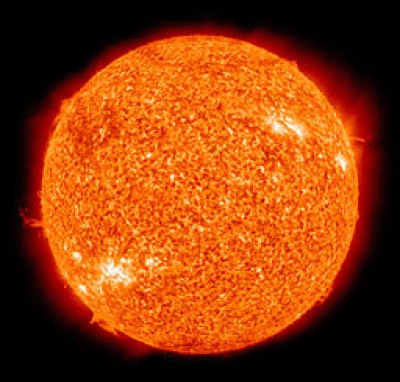
 Compare
Compare
What makes the sun a star and not a planet? Why does the earth have just the right climate for life? Where did the moon come from? Does our sun go around a bigger sun? What makes a planet and how is it different from an asteroid? What do we know about planets that are not in our solar system? The questions go on and on and on. But it is only now that we’re learning some of the answers.
0 Lessons
Hours
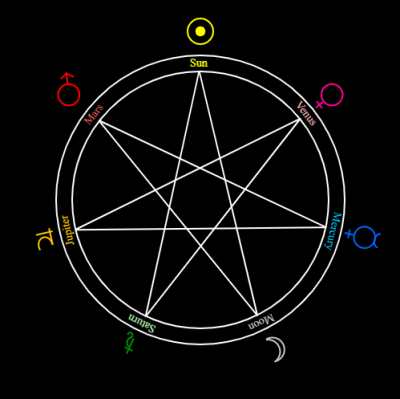
 Compare
Compare
Most countries have seven days of the week, but they call them by different names. Where do these names come from? And is Sunday in England the same as Sunday in Saudi Arabia, for example?
0 Lessons
Hours
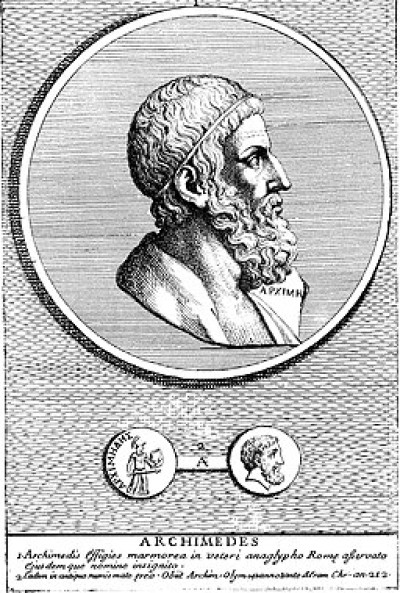
 Compare
Compare
Archimedes is one of the most famous mathematicians of all time and, perhaps, the first engineer. Although he spoke and wrote Greek, he lived in Syracuse in Sicily, now a part of Italy, and probably never visited Greece.
0 Lessons
Hours
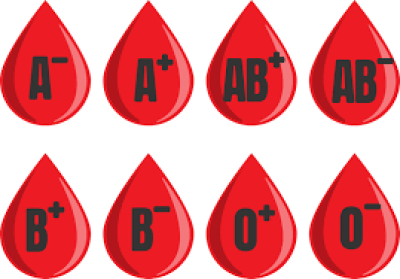
 Compare
Compare
Our blood is literally vital. It carries nutrients and oxygen around the body and takes away waste. Blood is seen as sacred in many religions; it is the ‘seat of the soul’ which is why it must be drained from any meat in the Islamic and Jewish faiths. And, of course, blood is a little different from animal to animal and may be adapted to their special needs. The camel, for example, has special blood cells that allow it to survive sudden, dramatic changes of temperature typical in the desert at dawn and dusk. Some animals also have a kind of natural anti-freeze in their blood to resist sub-zero temperatures.
0 Lessons
Hours
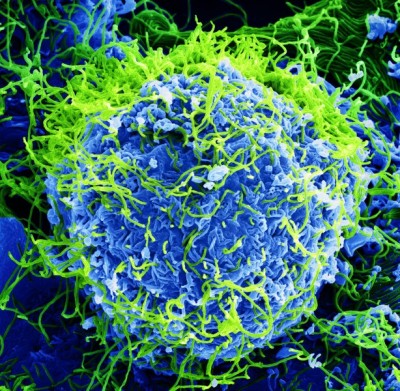
 Compare
Compare
Procopius, writing in Constantinople (now Istanbul) in 542 C.E., complained that the plague had killed nearly everyone in the city. Eight hundred years later in Italy, Boccaccio described the disastrous Black Death, which killed a third to a half of the population of Europe. In 1855, twelve million people in India and China alone died from the same cause. And these terrible statistics only tell us about one disease. There are others. There were more victims of the 1918 Spanish flu epidemic – which did not actually come from Spain – than the total number of casualties in the First World War. In 2010, malaria killed 1.25 million people, 65% of them under fifteen years of age. There are also new diseases that cannot be cured, like SARS, ebola and AIDS. AIDS has killed more than thirty million people in about thirty-five years. And now we have Covid 19!
0 Lessons
Hours